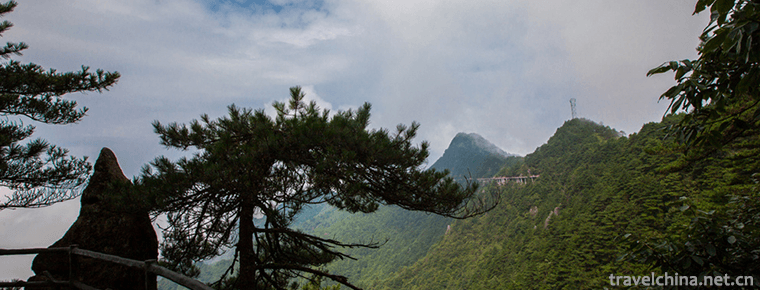2019-02-07

- By ChinaWiki.net
- Chinese Edition
- 2019-07-12
Yihuanghe Bar Dance
Hebang dance is popular in Hedong area of Yihuang County, Jiangxi Province. It is a kind of traditional folk dance developed by mountain people from generation to generation, chopping branches on the mountain, singing and dancing in rhythm with sticks and wood knives. It has a history of more than 600 years, reflecting the wisdom and creativity of the working people. In 2014, it was selected into the fourth batch of national intangible cultural heritage list.
origin
According to Wu Jiafu, a farmer in Lanshui Township, Yihuang County, which is now merged into Zhonggang Township, the Hebang Dance evolved from Hebang Song. Hebang song is mainly composed of songs. The performance of Hebang is very simple. It takes the Hebang in hand or on shoulder and beats with a wood knife, only playing the role of beating folk songs. Later, people gradually did not satisfy this simple art form. Some people improved the pole song. They enriched the rhythm of the pole song by using the timbre and tone of the pole song became more vivid and livel Bar, while singing, while dancing, but also participate in various forms of song, so, after a long period of development, the bar song eventually evolved into the bar dance.
content
The characteristics of "Hebar Dance" are activation and laborization. With firewood knife and bars as musical instruments, the number of people can be more or less, the movement range is not large, the footsteps are natural, and more square steps are taken. Its line tone is more comfortable, word by word, rhythm is smooth, light and dexterous. It beats the bar with the wood knife in all parts to produce the ideas and rhythm of dancing and singing. The most commonly used are "5/8" and "4/8" rhythms, the content of the lyrics is irregular, the singers touch the scenery and sentiment, borrow material to express their feelings, so that the whole dance fully reflects the traditional folk customs, showing a lively local style. The most influential part of the pole dance is the pole dance, which is mainly composed of the folk song Zhuo Wangshan.
Zhuo Wangshan is a short-tuned folk song with beautiful melody. The whole tune is divided into eight sections. It is kind and simple to sing, and is deeply loved by the masses.
protect
With the diversification of cultural life style, Yihuanghe Bar Dance is also on the verge of being lost. Yihuang County organizes relevant personnel to carry out rescue excavation, collation and protection of the intangible cultural heritage in Yihuang County. The "Hebang Dance" has basically collected pictures and written materials. In 2007, Yihuang "Hebar Dance" has been listed in the first batch of city-level intangible cultural heritage list of Fuzhou.

Ask a Question
Your email address will not be published.



0 Questions